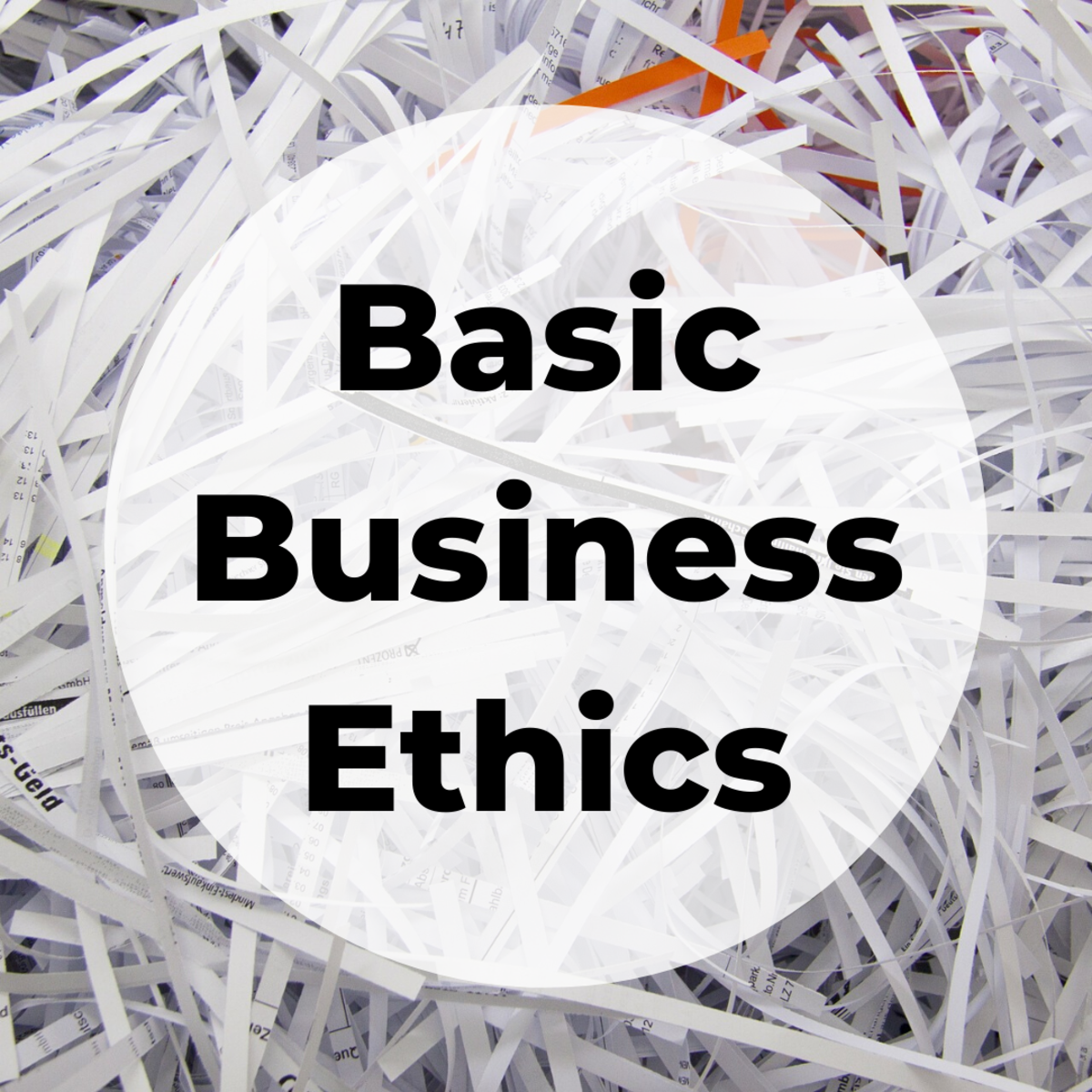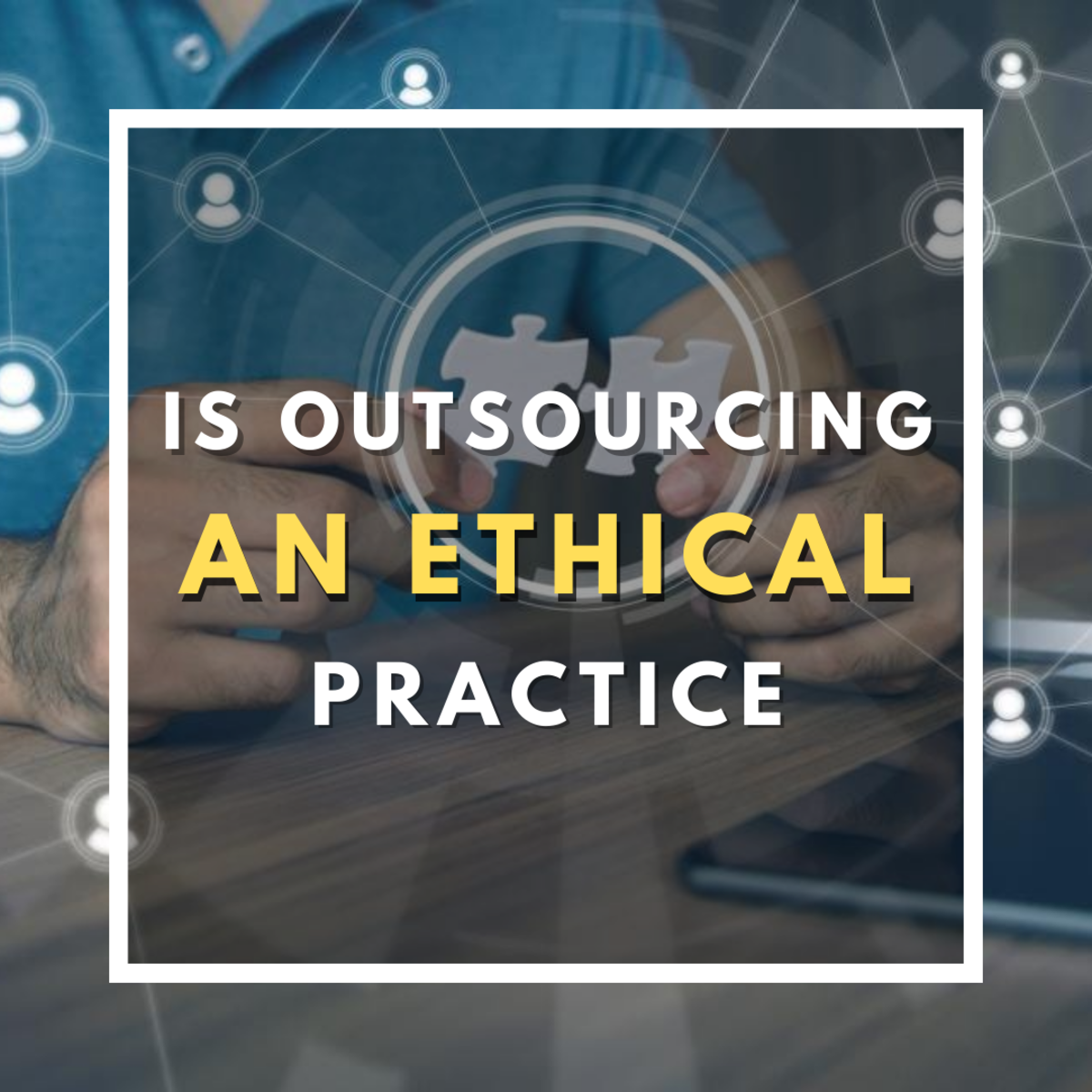How to Justify That Business Ethics Is a Profitable Approach?
Intro
The term ethics is derived from the Greek word ‘ethos’ which means custom. Ethics consist of rules, code of conduct, moral values etc. which describes us what is ‘right’ and what is ‘wrong’ in human behaviour. Business ethics comprise sets of values, rules, norms, which acts as a code to run a business ethically. Though it is easy to carry any business. But only those will sustain longer which runs fairly. Businessmen should not carry out any action against the social norms as well as business norms.
It includes fairways and ideas of carrying tasks. Being moral not only increases worth. But also improves your business relations and employees output. It refers to how we should run our business. Doing work unfairly can create huge problems for you and for your other units. Business ethics differs from person to person, what is right for you may be wrong for me. It implies that we should first think about the welfare of society and then for ourselves. Neither law nor any force can impose business ethics on us. We should ourselves act ethically and not by any force of law. It set standards which help us to know the business-society relationship. Which further explains what society except for business and what it thinks about the business. It also set a framework within which we must carry out our tasks. It also protects the interest of various internal as well as external stakeholders.
Sources and Importance of Business Ethics
a) Religion:- Religion is the oldest source of business ethics. There are diverse religions across the world. All the world's religions teach and guide us vital codes of ethics that stress on values like respect, loyalty, honesty etc. Great religion focuses on social duty with an objective to contribute to the welfare of society. With these values, every religion creates its own code of conduct.
b) Culture:-Culture is a system of shared values, beliefs, customs which governs how people behave or act in a particular situation. It encourages employees to give priority to organizational goals over and above their personal goals. It also serves as a control system that guides and shapes the attitudes and conduct of people.
c) Law:- Laws are the strict rules and processes that every business should follow. It acts as a regulator that guides human conduct in society. These laws are considered as ethics as they include moral standards which every organisation has to abide by.
1.Credibility in the Public
By running business fairly and truly you can build an image in the public eye. The buyer usually buys the products from those companies which are honest and is offering value for money. Hence, it creates a good public image which will help out to lead in the market.
2. Credibility with the Employees
Employees will hold high esteem if they are convinced by the moral values of your organisation. They work with full potential in those organisations, which has strong moral values. For employees, honesty and moral values matter more than any other incentive plans.
3. Better Decision Making
Always makes decisions by taking care of economic, social and legal aspects. Decision making will be better if decisions are taken by involving the interest of key stakeholders. They have a direct or indirect stake in an organisation. You should consider their interest while making key decisions.
4. Profitability
The main objective of all business is to earn a profit. Though profit-making is the primary goal of every organisation, you should make profits by doing fair practices only. Your business can become strong and more profitable.
5. Investor Loyalty
Earning investor loyalty is not an easy task. Investors before making investments review the ethics, social duties, and status of the company in which they want to invest. They are aware that there is high scope of extreme growth, output, and profits in companies that are ethical.
How to Create Ethical Culture In Organization?
Creating an ethical culture in an organisation is a crucial process. In my opinion there are many ways to do so. Below are some steps discussed to attain this objective.
1) Define company ethics
Ensure that there are rules laid down about how to behave within a company environment. You should inform employees about what is right and what is wrong. Issue code of conduct, companies manuals, rule books etc, to every employee to make them aware about business ethics.
2) Ensure that you have the necessary tools
Your organisation’s Human Resource Department must ensure that the employees have access to vital tools, which enable them to behave ethically in the organisation. HR professionals can make use of HR software, which ensures access with a better understanding of their employees.
3) Strengthen the Behavior You Want
You can easily strengthen the behaviour of employees. Offer awards and recognition to encourage the ethical behaviour you want to reinforce in an employee. Constant communication about moral values among the employees also helps to build a strong ethical culture.
4) Focus on building skills
Organise workshops, seminars, training programmes etc. to boost the right culture in your company. Build and develop ethical skills of employees rather than just stating the correct and incorrect forms. Make employees aware of the moral prospect of the organisation.
Verdict
Hence, it is the moral duty of every organisation to act fairly. When it behaves ethically, trust is developed between the employees and employers, as well as the society and the business. Business ethics leads to a more effective and socially responsible workplace. Every company must have its own moral values, norms and rules. Being fair in business has more benefits than you can imagine. It will help you to retain and attract employees, clients, investors, suppliers etc.
This content is accurate and true to the best of the author’s knowledge and is not meant to substitute for formal and individualized advice from a qualified professional.
© 2020 Prateek Jain








